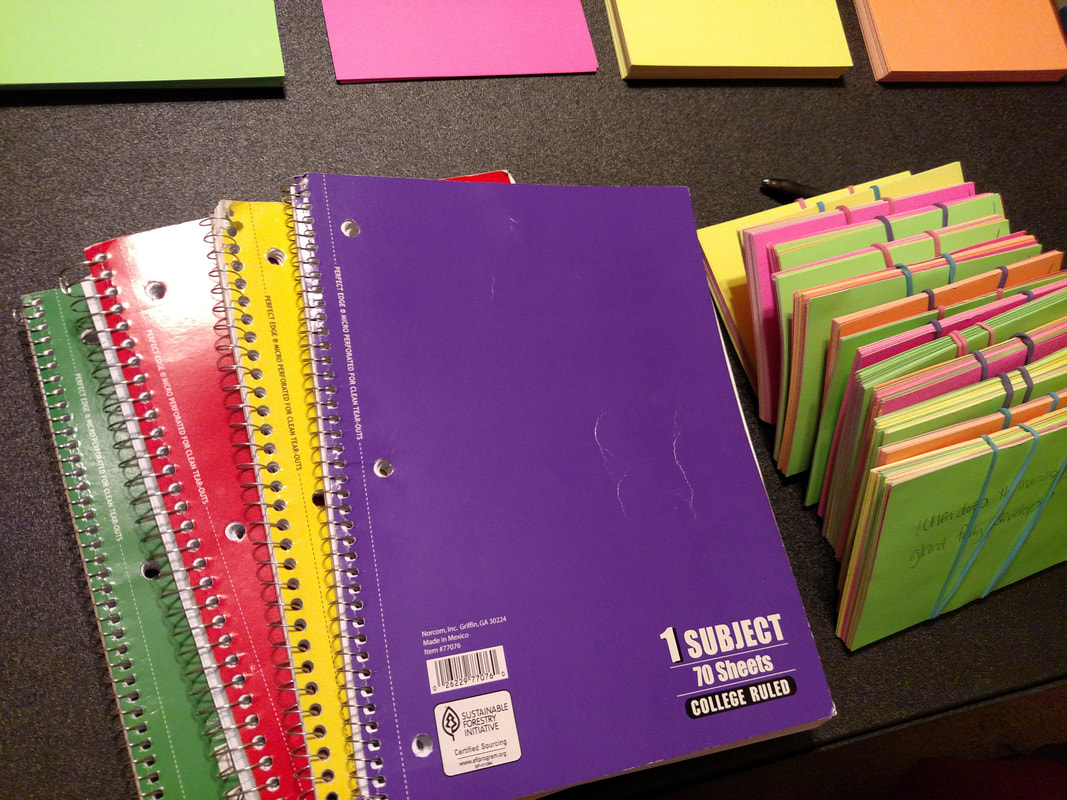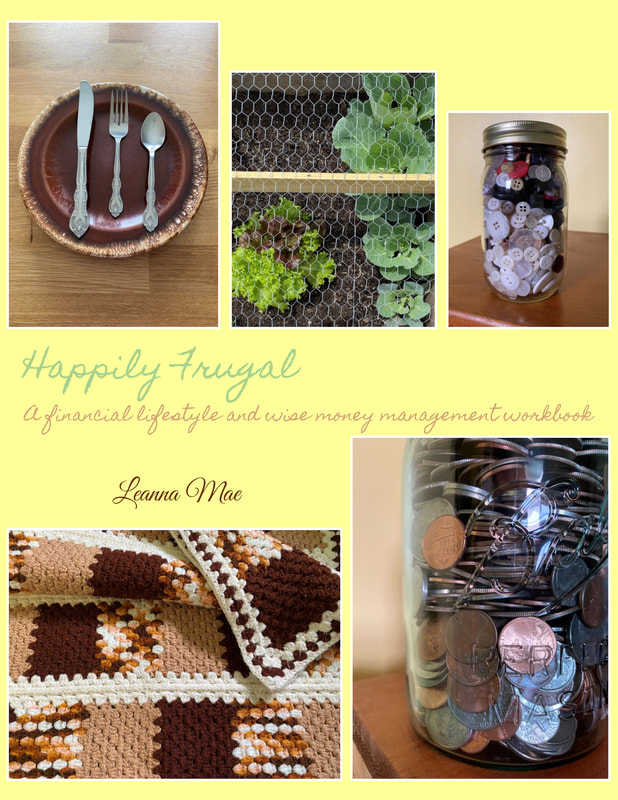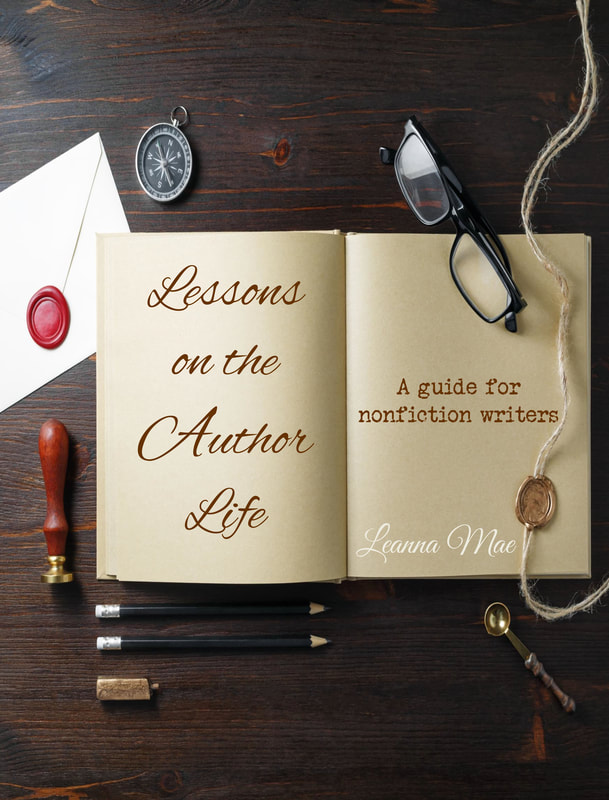|
Here are over 100 study methods for health sciences, health care, allied health, nursing school, and med school. Techniques are broken down into 10 different areas.
Studying health sciences and health care is no easy task. Even the smartest of students can struggle. When I was in college, I started to struggle once I got into my science classes. I didn’t understand why I was struggling on the tests because I love science. I absolutely love anatomy and physiology, pathophysiology, and classes like that. The topics in class fascinated me. I realized the reason I was struggling was because I didn’t know how to study. I’d never really had to. I easily aced my way through elementary/middle school far ahead of everyone. High school classes didn’t challenge me. I could be top of the class in advanced environmental studies without any effort. College is a different ball game. I didn’t start college until I was 26. Times have changed. Technology has changed. The way classes are taught is so different. After some bumpy grades, I realized I needed to make a comprehensive study plan. Here it is. Don’t procrastinate. May I tell you something about studying for health care? This isn’t about the grades. This is about what comes after college. Understanding and remembering the things taught to you in your health sciences and health care classes is what enables you to take care of people. Don’t cram study. Don’t rush. You can go to school part time if you need to. This is not about your GPA. This is about being an intelligent and capable doctor or nurse or whatever kind of health professional you will become. Don’t just study to pass a class and move on. Study to grow your mind and your abilities to be a caregiver. Let’s look at how to improve your learning by maximizing the following areas.
PHYSICALLY
MENTALLY
ENVIRONMENT
GATHERING YOUR MATERIAL
PREPARING FOR CLASS
WHILE IN CLASS
REVIEWING MATERIAL
MEMORIZING THE INFORMATION
FOR A TEST
BALANCE
What study methods work best for you?
0 Comments
Your comment will be posted after it is approved.
Leave a Reply. |
If this website has been a helpful resource to you, consider donating any dollar amount here.
Donations allow more time to write blogs and build this resource that is freely available to all.
Donations allow more time to write blogs and build this resource that is freely available to all.
Leanna Mae
Apostolic Pentecostal Christian
|
international author |
maternal-infant wellness educator
|
birth doula
|
breastfeeding specialist |
Copyright © 2013



